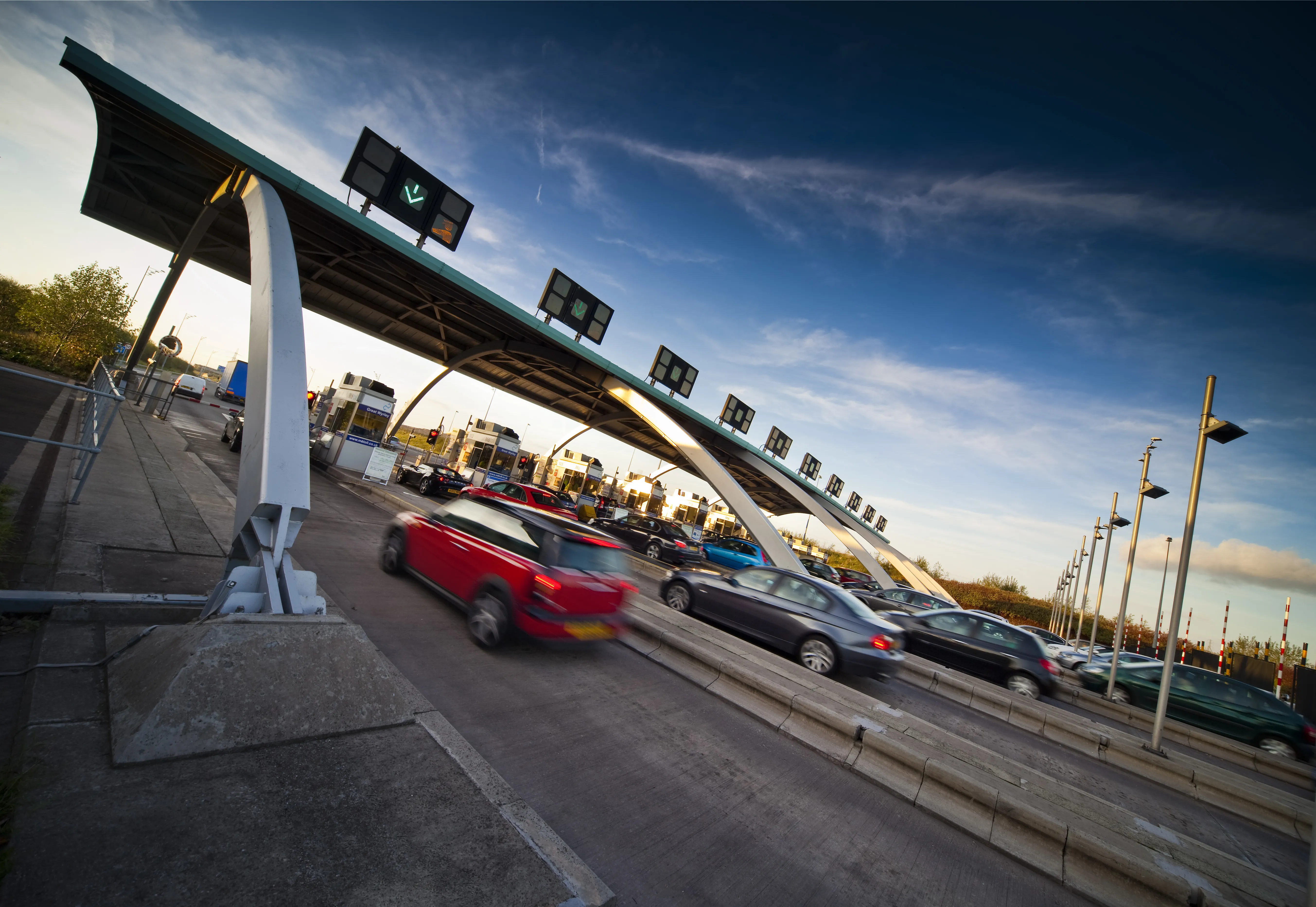The Spanish government has given the green light for the state-owned transport infrastructure firm Seittsa to manage nine bankrupt toll motorways. The deal is for Seittsa to prepare the terms for their retender to private companies by the end of next year. Spanish media report that the cost is set to be lower than the €3.5 billion previously estimated by some analysts. The arrangement comes after three years of failed attempts by the government to step in and facilitate debt restructuring between the invest
July 31, 2017
Read time: 2 mins
The Spanish government has given the green light for the state-owned transport infrastructure firm Seittsa to manage nine bankrupt toll motorways.
The deal is for Seittsa to prepare the terms for their retender to private companies by the end of next year.
Spanish media report that the cost is set to be lower than the €3.5 billion previously estimated by some analysts.
The arrangement comes after three years of failed attempts by the government to step in and facilitate debt restructuring between the investment banks and nine toll road operators.
Among the nine distressed operators are Aeropistas M-12 (Madrid-Barajas airport) and Madrid Levante (AP-36 Ocaña-La Roda).
News agencies noted in December that Inigo de la Serna, Spain’s public works minister, was still trying to negotiate agreements. But he told state television that talks had been difficult because some banks had sold much of their loans to other investors.
"This is a very complicated process, some [of the highways] are in bankruptcy proceedings and already at the liquidation stage and so the scenario we are presented with is that they would revert back to the state," de la Serna had said.
In 2015, construction lobby group Seopan estimated the cost of a nationalisation could reach around €5.5 billion.
The deal is for Seittsa to prepare the terms for their retender to private companies by the end of next year.
Spanish media report that the cost is set to be lower than the €3.5 billion previously estimated by some analysts.
The arrangement comes after three years of failed attempts by the government to step in and facilitate debt restructuring between the investment banks and nine toll road operators.
Among the nine distressed operators are Aeropistas M-12 (Madrid-Barajas airport) and Madrid Levante (AP-36 Ocaña-La Roda).
News agencies noted in December that Inigo de la Serna, Spain’s public works minister, was still trying to negotiate agreements. But he told state television that talks had been difficult because some banks had sold much of their loans to other investors.
"This is a very complicated process, some [of the highways] are in bankruptcy proceedings and already at the liquidation stage and so the scenario we are presented with is that they would revert back to the state," de la Serna had said.
In 2015, construction lobby group Seopan estimated the cost of a nationalisation could reach around €5.5 billion.









